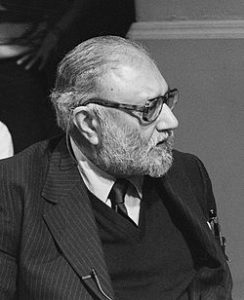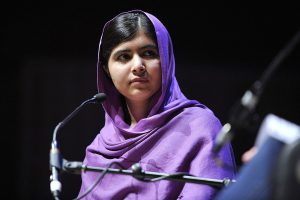Pakistan Nobel Prizes
Un till yet only two Pakistanis are able to win Nobel Prizes. Briefs about these are given below:
- Mohammad Abdus Salam

Mohammad Abdus Salam Muhammad Abdus Salam was a Pakistani theoretical physicist. He was a major figure in 20th century theoretical physics. he shared the 1979 Nobel Prize in Physics with Sheldon Glashow and Steven Weinberg for his contribution to the electroweak unification theory. He was the first Pakistani to receive a Nobel Prize in science. Salam’s major and notable achievements include the Pati–Salam model, magnetic photon, vector meson, Grand Unified Theory, work on supersymmetry and, most importantly, electroweak theory. Abdus Salam made a major contribution in quantum field theory and in the advancement of Mathematics at Imperial College London. With his student, Riazuddin, he made important contributions to the modern theory on neutrinos, neutron stars and black holes, as well as the work on modernising the quantum mechanics and quantum field theory. He heavily contributed to the rise of Pakistani physics to the physics community in the world. Even until shortly before his death, he continued to contribute to physics, and to advocate for the development of science in Third-World countries. He has been conferred with more than 30 Awards
- Malala Yousafzai

Malala Yousafzai Malala Yousafzai is a Pakistani activist for female education and the youngest-ever Nobel Prize laureate. She is known mainly for human rights advocacy for education and for women. Yousafzai’s advocacy has since grown into an international movement. The 2013, 2014 and 2015 issues of Time magazine featured Yousafzai as one of “The 100 Most Influential People in the World”. She was the winner of Pakistan’s first National Youth Peace Prize, and the recipient of the 2013 Sakharov Prize. In July that year, she spoke at the headquarters of the United Nations to call for worldwide access to education, and in October the Government of Canada announced its intention that its parliament confer Honorary Canadian citizenship upon Yousafzai. In February 2014, she was nominated for the World Children’s Prize in Sweden. In May 2014, Yousafzai was granted an honorary doctorate by the University of King’s College in Halifax, Nova Scotia. Later in 2014, Yousafzai was announced as the co-recipient of the 2014 Nobel Peace Prize, along with Kailash Satyarthi, for her struggle against the suppression of children and young people and for the right of all children to education. Aged 17 at the time, Yousafzai became the youngest-ever Nobel Prize laureate.